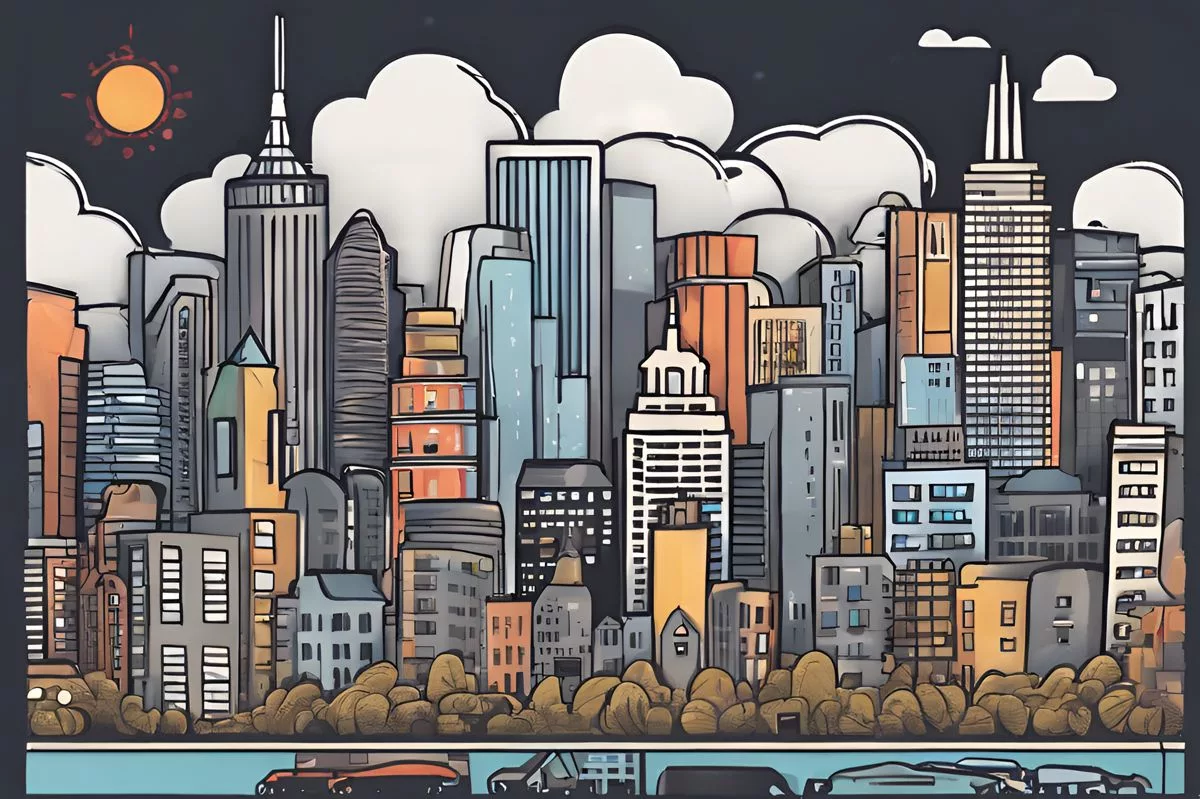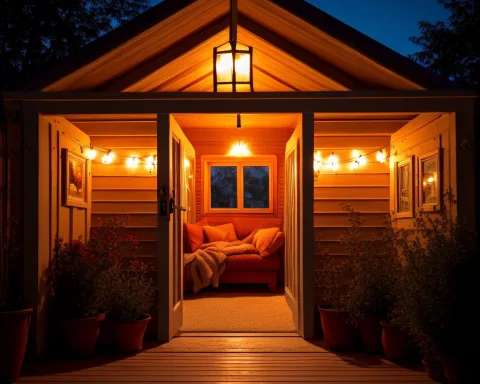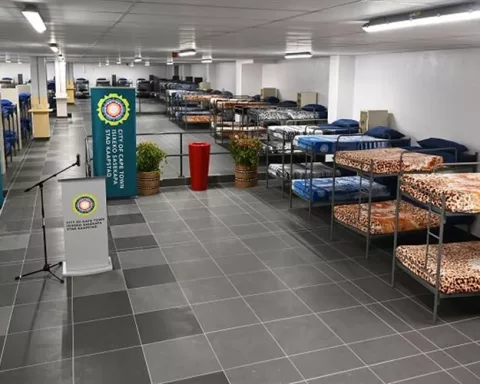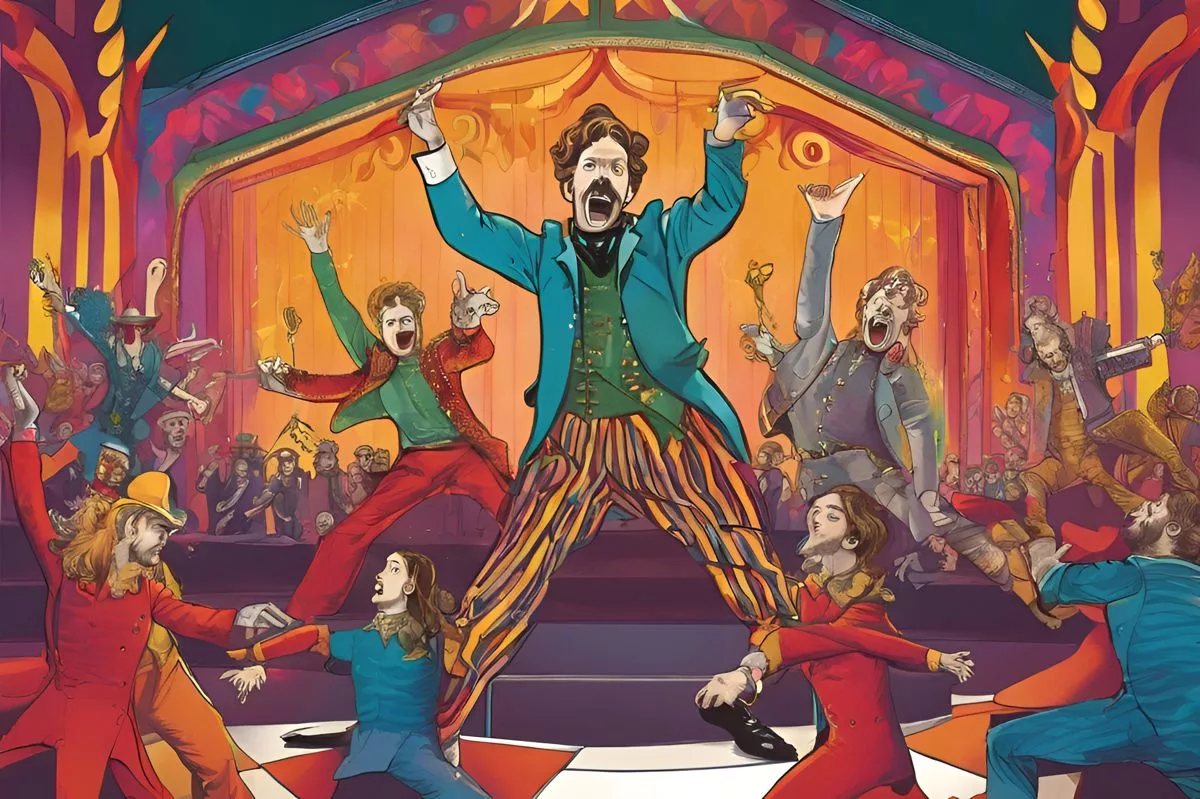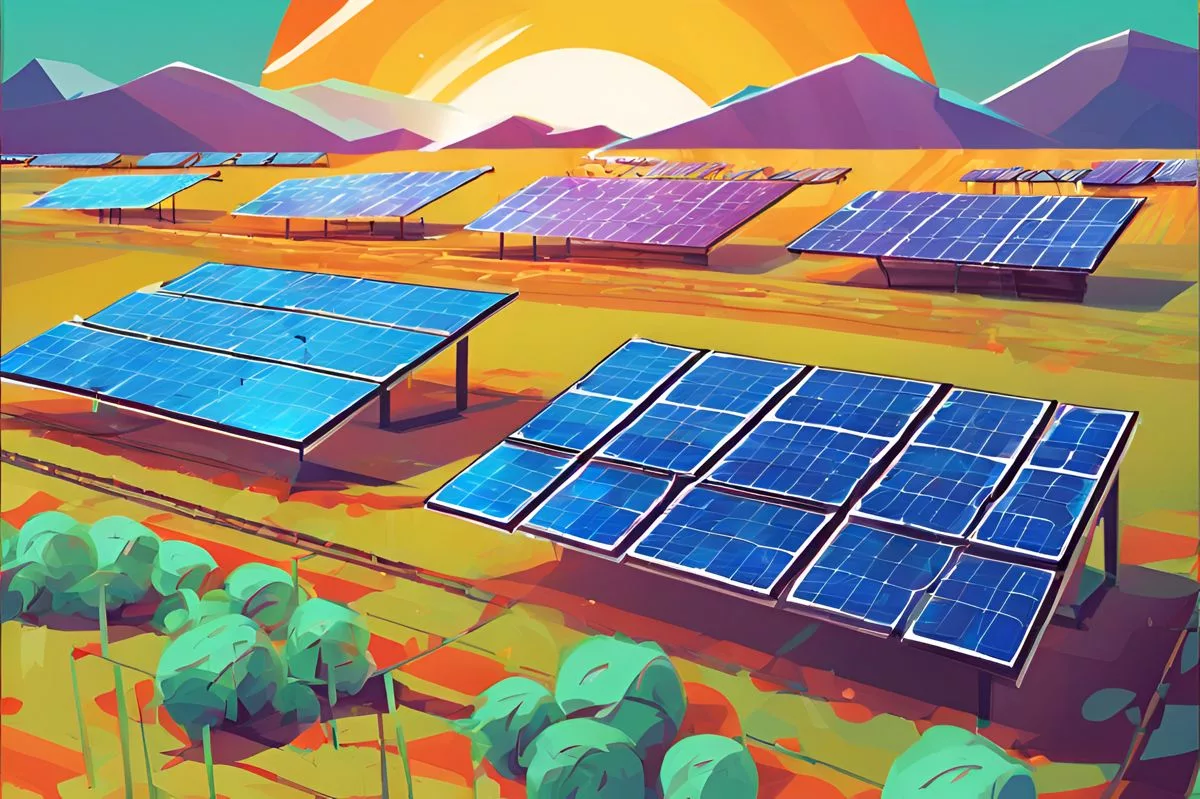The Green Point Tennis Courts in Cape Town have been restored for public use after the eviction of unauthorized inhabitants. The City of Cape Town approached the eviction with both empathy and practicality, offering temporary lodging options and social programs through City Safe Spaces to support social integration and rehabilitation. The City continues to invest in Safe Space transitional shelters to combat homelessness and assist those in need.
The Green Point Tennis Courts in Cape Town were finally restored for public use on February 21, 2024. The City of Cape Town approached the eviction of unauthorized inhabitants with a blend of practicality and empathy, providing temporary lodging options and social programs through City Safe Spaces. The City continues to offer dignified transitional housing and invest in Safe Space transitional shelters to combat homelessness and support social integration and rehabilitation.
In the crisp morning of February 21, 2024, a significant event took place in Cape Town as the Green Point Tennis Courts saga drew to a close. Under a mandate from the Western Cape High Court, the Sheriff of the High Court orchestrated the final eviction of unauthorized inhabitants from the tennis courts. Over time, these courts had evolved into a makeshift residence for several people, with some opting to avail the City’s social aid offers, while others chose to defy these attempts.
The City’s Approach: Pragmatism and Compassion
The City’s strategy was characterized by a blend of practicality and, quite importantly, empathy. Rather than being shunned, the evictees were presented with temporary lodging options at [City Safe Spaces](https://capetown.today/cape-town-proposes-new-safe-space-for-homeless-individuals/) or emergency housing kits, provided they had the landowner’s permission to set them up. The eviction was not a display of brute force but a carefully managed operation under the court’s supervision, with the sheriff, the South African Police Service (SAPS), City social development officials, and law enforcement playing supportive roles.
The City, signifying its dedication to social welfare, continued to offer the evictees dignified transitional housing, should they not have found alternative arrangements. City Safe Spaces, acting as a ray of hope for those cast out from society, provide a vast array of social programs. By offering personal development planning and job opportunities, these spaces aim to return individuals to society and, where viable, reunite them with their families. Referrals for mental health, medical and substance abuse treatment are also available.
Navigating the Balance Between Public Spaces and Social Assistance
Clearly, the City has been skillfully navigating the balancing act of managing public spaces while also providing social aid with empathy and fairness. The Green Point Tennis Courts will now finally be restored for public use, ensuring these spaces continue to be open and accessible to all city residents. However, the City has not abandoned those who had previously made the courts their home, insisting that their support offers are still in place.
Mayor Geordin Hill-Lewis, elucidating on the City’s approach, stated, “The City assists approximately 3,500 individuals annually via shelter placements or referrals to social services to help them permanently leave the streets. Additionally, we’re investing R230m over the next three years to broaden our dignified transitional shelter options.”
The City’s Investment in Safe Space Transitional Shelters
Beyond the Green Point Tennis Courts, the City is also awaiting the High Court’s decision regarding eviction orders for several homeless encampment sites in the Central Business District (CBD). Concurrently, the City is making significant investments to broaden its Safe Space transitional shelters.
In the upcoming three years, an investment of R230 million is planned to enhance and manage Safe Space transitional shelters. Currently, two Safe Spaces at Culemborg in the eastern CBD provide 480 shelter beds. A new 300-bed Safe Space in Green Point is also on the horizon.
Additionally, the City recently amplified the CBD’s Haven Night Shelter capacity by 63%, escalating its capacity from 96 to 156 beds. During the winter, the City enabled several NGOs to create an additional 300 temporary beds, including the deployment of 184 Expanded Public Works Programme (EPWP) workers to aid NPOs.
The City also manages the Matrix substance abuse treatment programme, which has an impressive 83% success rate for clients, tackling a major cause of homelessness. In the year ending in June 2023, the City aided almost 3,500 individuals with shelter placement or referrals to various social services.
The All-Encompassing Safe Space Model
The City’s Safe Space model, the foundation of its social assistance programme, is a comprehensive service. It offers dignified shelter, comfort, ablutions, meals, access to social workers, personal development planning, social services, family reunification services, substance and alcohol abuse treatment, skills training, job assistance, and access to EPWP work placement.
In conclusion, while the Green Point Tennis Courts eviction signifies the end of an era, it also paves the way for efficient social integration and rehabilitation. With the City’s expanded Safe Space shelters and a multitude of social welfare programmes, the future appears brighter for the city’s street-dwellers. As the tennis courts return to their original purpose, we can also anticipate a more orderly and inclusive public space.
1. What is the Green Point Tennis Courts saga?
The Green Point Tennis Courts in Cape Town had become a makeshift residence for unauthorized inhabitants. The City of Cape Town approached the eviction of these individuals with a blend of practicality and empathy, providing temporary lodging options and social programs through City Safe Spaces.
2. What was the City’s approach to the eviction of unauthorized inhabitants?
The City’s strategy was characterized by a blend of practicality and empathy. Rather than being shunned, the evictees were presented with temporary lodging options at City Safe Spaces or emergency housing kits, provided they had the landowner’s permission to set them up.
3. What is City Safe Spaces?
City Safe Spaces is a social program that offers a wide array of services, including personal development planning, job opportunities, referrals for mental health, medical, and substance abuse treatment, and family reunification services.
4. How is the City investing in Safe Space transitional shelters?
The City is making significant investments to enhance and manage Safe Space transitional shelters. In the upcoming three years, an investment of R230 million is planned to broaden its dignified transitional shelter options.
5. What services are offered by the City’s Safe Space model?
The City’s Safe Space model is a comprehensive service that offers dignified shelter, comfort, ablutions, meals, access to social workers, personal development planning, social services, family reunification services, substance and alcohol abuse treatment, skills training, job assistance, and access to EPWP work placement.
6. What is the purpose of the City’s social welfare programs?
The City’s social welfare programs aim to combat homelessness, support social integration and rehabilitation, and provide a ray of hope for those cast out from society.


